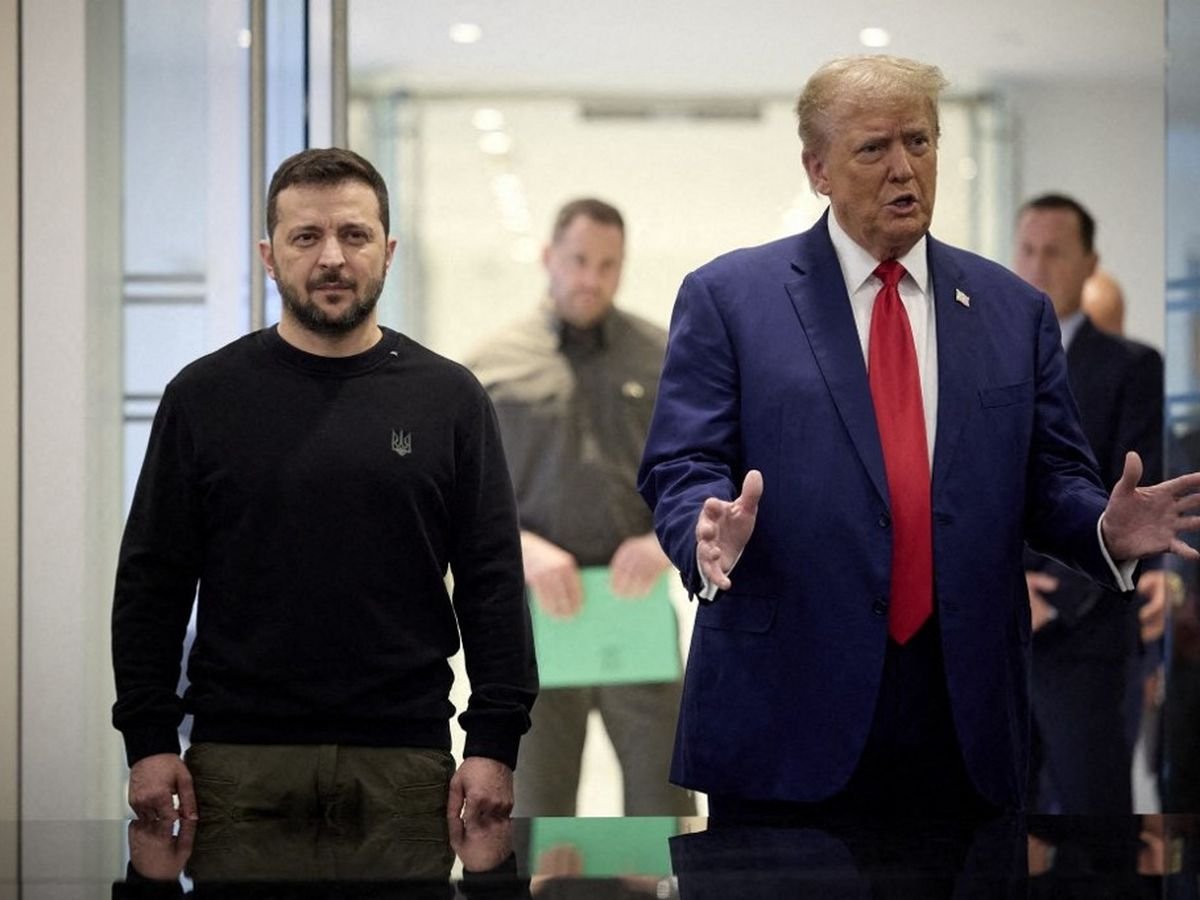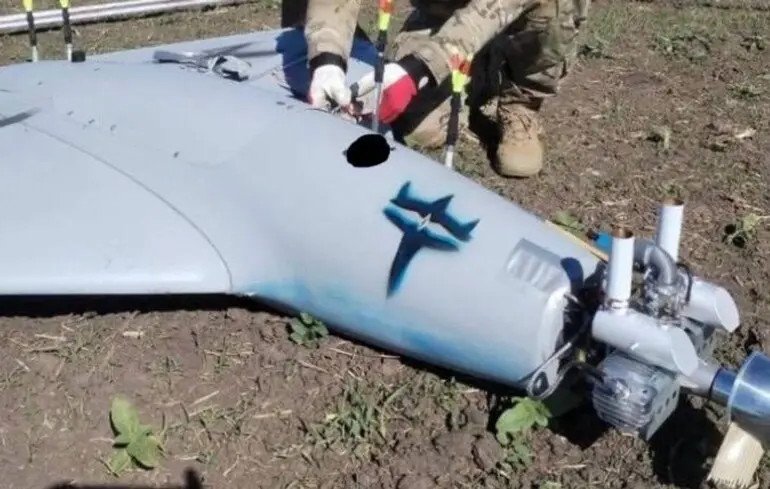The announced decrease in attacks on Ukraine’s energy infrastructure has caused mixed reviews. Some see it as an attempt to reach a strategic compromise, but the reality is different: it is only a temporary pause that allows Kyiv to strengthen its defense, restore damaged facilities, and adapt to future threats.
There is no guarantee that the pause will last. Russia has already proven that it uses such tactical maneuvers to regroup its forces and prepare new attacks.
Rebuilding infrastructure and strengthening defense
Ukraine sees this gap as a chance to strengthen its energy system. After the massive attacks of the winter of 2022-2023, the country modernized key facilities, diversified energy supplies, and strengthened its air defense system.
The temporary pause provides an opportunity:
- Restore damaged energy facilities – during periods of intense attacks, this was much more difficult.
- Redistribute reserves to ensure stable power supply to the regions that suffered the most damage.
- Strengthen the protection of critical infrastructure by expanding the air defense system around key energy facilities.
This allows Ukraine to be better prepared for a possible resumption of attacks.
Russian attacks on the energy sector are terror, not a military strategy
Russian attacks on energy infrastructure have no military significance. They are terror tactics aimed at destabilizing the lives of civilians.
Such actions do not affect the ability of the Ukrainian Armed Forces to conduct combat operations, but they cause humanitarian crises, destroy the civilian economy, and create additional pressure on Ukrainian society.
This is part of the Kremlin’s broader strategy of using energy blackmail as a tool of war.
Western guarantees and response to violations
Ukraine and its allies should view this temporary lull not as a signal to weaken defense, but as a test for Russia.
Western countries, in particular the United States, the United Kingdom, and the EU, should not only guarantee compliance with the agreements but also prepare to respond immediately in case of violations.
Western countries, including the United States, the United Kingdom, and the EU, should not only guarantee compliance with the agreements but also prepare to respond immediately in case of violations.
If Moscow resumes its attacks on the energy system, we must respond:
- Increased sanctions pressure – new restrictions on the Russian economy, financial system and energy sector.
- Increased military assistance, including additional air defense systems and critical infrastructure protection.
- Strengthening international control – legal recognition of energy strikes as a war crime at the level of the UN and other international organizations.
Ukraine remembers the lessons of the Minsk agreements
The Kremlin uses any temporary cessation of active hostilities to its advantage. Suffice it to recall the Minsk agreements, which Russia used not to establish peace, but to amass troops, prepare for further invasion, and strengthen the occupation regime in the temporarily occupied territories.
Kyiv has no illusions about Moscow’s intentions. Ukraine clearly realizes that the main threat is not attacks on infrastructure, but Russian aggression itself.
The struggle continues on all fronts
The cessation of attacks on the power grid is a temporary tactical maneuver, not the start of a peace process. Ukraine is using this period to strengthen its defense, restore critical facilities, and prepare for further challenges.
Western partners should also realize that the only way to force Russia to stop its attacks is to increase sanctions and military pressure. Any weakening will be perceived by Moscow as weakness.
This war will not end with a “ceasefire” agreement. It will end only when Russia recognizes that it cannot achieve its imperial goals.










